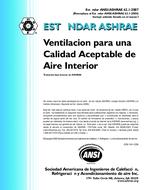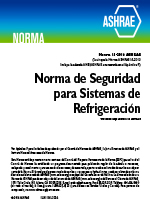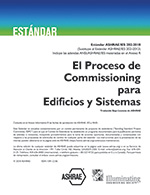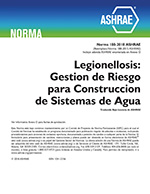Description
The paper deals with the integrated building design process in the French tropical island of La Reunion throughout the design of the first Net Zero Energy Building named ENERPOS.
So far the design process in France is not well adapted to the design of zero energy buildings and does not allow the easy achievement of energy efficient buildings. A reorganization from the brief to the construction of the building itself is therefore necessary. Several reasons can explain this statement. First, no thermal standards are mandatory in Reunion Island as most of the French overseas territories. This leads to the construction of energy consuming buildings. However, a guideline named PERENE has been set-up but the prescriptions are not mandatory. They concern the thermal conception of buildings as well as the energy performance of buildings and are specific to each climatic zone that has been defined in PERENE. Despite that, the PERENE rules give only a minimum level of performance and can not be considered as the optimum design. Second, the lack of knowledge in the HVAC design practices about the last design tools and the lack of discussion between the people involved in the design process – i.e. the architect and the engineers is an obvious weakness
for optimizing the passive design of the envelope and the systems. In some cases, the design teams selected by public owners–the Regional Council, the University and the City Councils have most of the time an overall good level of knowledge but unfortunately the brief of the building is not accurate enough in terms of objectives and energy performance requirements to meet. The paper will present the state of the art in France in terms of design process from the brief until the completion of the building. Then the adopted methodology will be introduced and applied to the case study of the ENERPOS building. The design stage has focused on the development of new methods for the design of zero net energy buildings in French tropical overseas territories. As the building has been completed in 2008, the lessons learned will be presented as well.
Product Details
- Published:
- 2012
- Number of Pages:
- 9
- File Size:
- 1 file , 490 KB
- Product Code(s):
- D-CH-12-C011
- Note:
- This product is unavailable in Russia, Belarus




